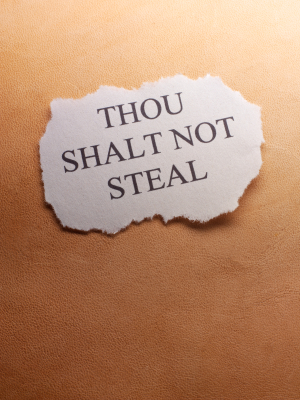As National Poetry Month draws to a close, I thought it only appropriate to post this response to the plagiarist who thought they could get away with stealing my words.
-
-
Interview w/ Letta Neely, Black Lesbian Poet, Playwright, Activist and Mentor
I decided to close Women’s History Month with a conversation with someone who has inspired so much of my work as an activist, and is living proof that we can create change in the world simply by speaking out and staying true to ourselves: Letta Neely. Letta is the phenomenal woman who…
Online rulet oyunları gerçek zamanlı oynanır ve online slot casino bu deneyimi canlı yayınlarla destekler.
Türkiye’deki bahisçilerin güvenini kazanan bettilt giriş hizmet kalitesiyle fark yaratıyor.
İnternet üzerinden eğlence bahsegel giriş arayanlar için deneyimi vazgeçilmezdir.
Kullanıcıların hesaplarına hızlı ve sorunsuz bettilt ulaşabilmesi için adresi her zaman güncel tutuluyor.
